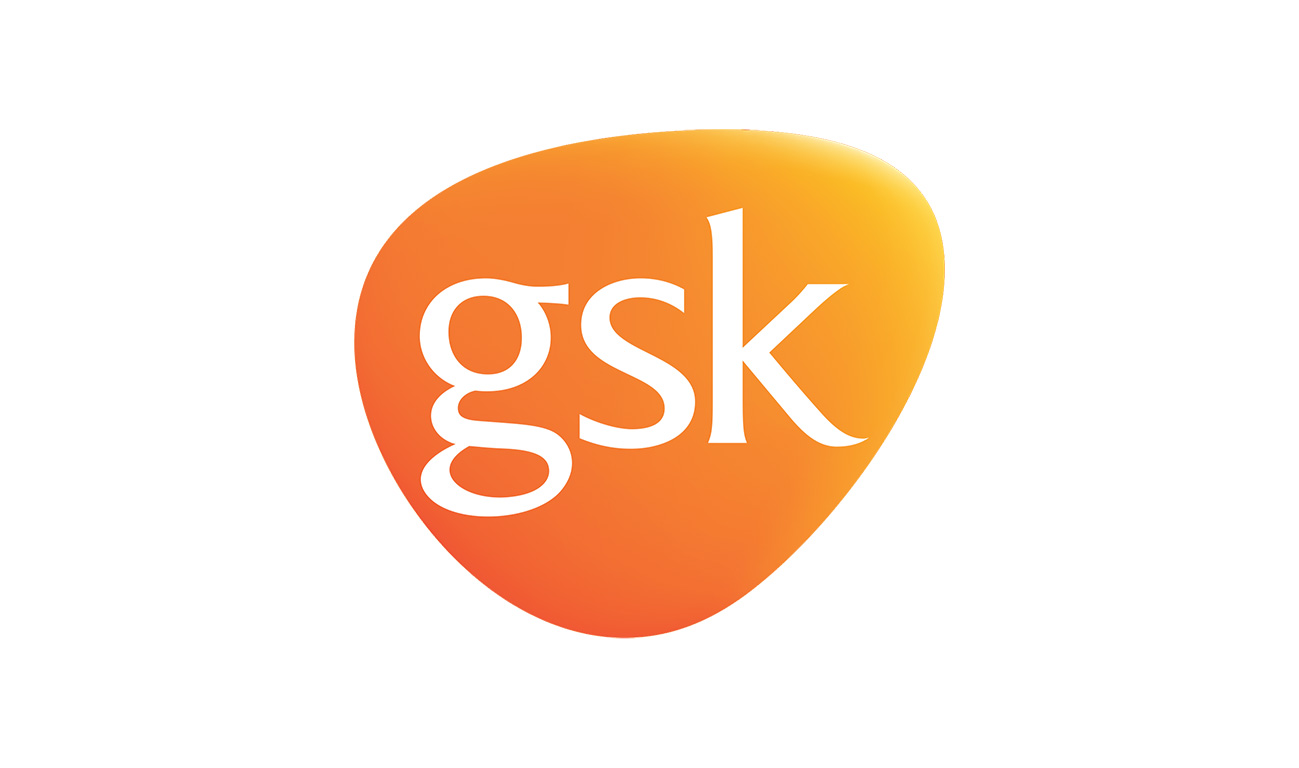Highlights from GSK’s 2015 Responsible Business Supplement
Mar 17, 2016 11:00 AM ET
Operating responsibly is fundamental to GSK’s strategic priorities. Our success depends on our ability to research and develop innovative products and make them accessible for more people in a responsible way.
In our Responsible Business Supplement, we report our progress against 23 forward-looking commitments across four areas: Health for all, Our behaviour, Our people and Our planet. The following are 2015 highlights:
Health for All:
- In July 2015, the European Medicines Agency adopted a positive scientific opinion for GSK’s malaria candidate vaccine, Mosquirix, in children aged six weeks to 17 months. In early 2016 the World Health Organisation recommended a pilot roll-out of the vaccine in countries in Sub-Saharan Africa. This is the World’s first malaria vaccine and follows 30 years of research and development. The vaccine will be supplied at a not-for-profit price.
- Through GSK’s partnership with Save the Children, the organisations have together reached over 3.6 million people – including 1.3 million children – with life-saving immunisation, treatments and other health interventions since 2013.
- Through ViiV Healthcare, GSK continues to research new treatments, and increase access to medicines and care for people living with HIV around the world. In 2015 the company extended access to its HIV treatment, dolutegravir, to countries where 93% of adults with HIV in the developing world live.
- 2015 also saw increased attention on the price of medicines. In January 2015 GSK extended its price freeze commitment to 10 years for countries ‘graduating’ from Gavi support and maintained its commitment to price medicines in the Least Developed Countries at 25% or less of European prices. In the USA all six of the company’s most recently launched new medicines were priced at parity or at a discount to the medicines they aim to supercede.
- Increasing resistance to existing antibiotics is an emerging and urgent public health crisis. In January 2016, GSK signed up to a declaration of more than 80 pharmaceutical and diagnostics companies, committing to work with governments and in parallel to develop sustainable economic models for antibiotics to ensure a sustainable supply of these medicines for the future.
Our Behaviour:
- In January 2015 GSK completed changes to the compensation model for its sales teams. Pharmaceutical representatives no longer have individual sales targets; instead, they are incentivised based on their technical knowledge, the quality of service they deliver to healthcare professionals and a broader set of business performance measures.
- In January 2016, the company also stopped paying healthcare professionals to speak to other prescribers about its prescription medicines and vaccines.
Our People:
- GSK’s ‘Partnership for Prevention’ programme provides employees and their families with unprecedented access to preventive healthcare services at little or no cost in regions where access to these services is unavailable or limited. Healthcare services, including immunisations and cancer screenings, are now available to over 38,000 employees and family members in 52 countries.
Our Planet:
- The company reduced its value chain carbon footprint of products shipped in 2015 by an average of 25% versus 2010. Over 60% of its manufacturing and R&D sites achieved zero waste to landfill, and it has achieved a 25% reduction in water usage across its operations since 2010.
GSK is a science-led global healthcare company that researches and develops innovative pharmaceuticals, vaccines and consumer healthcare products.




